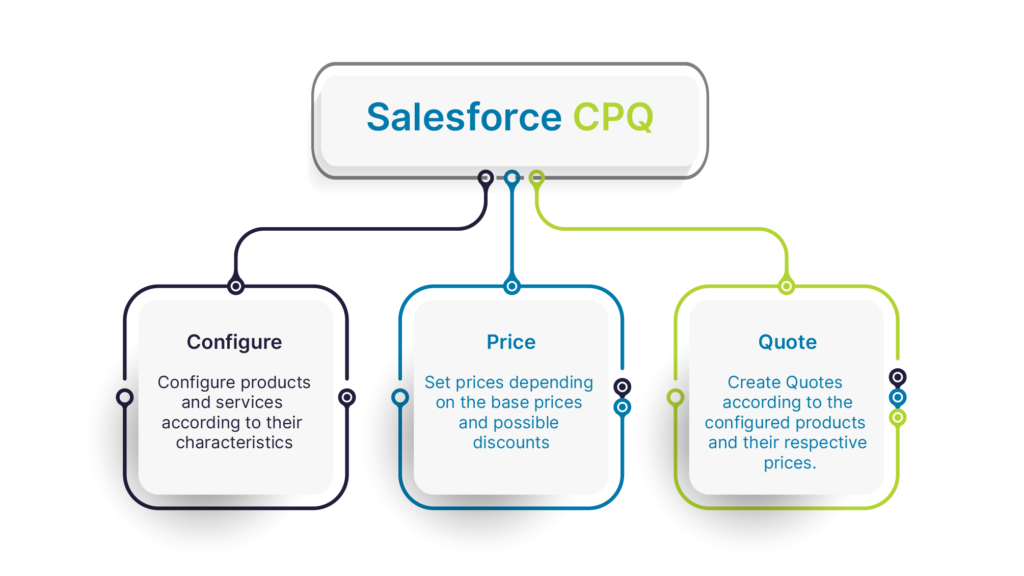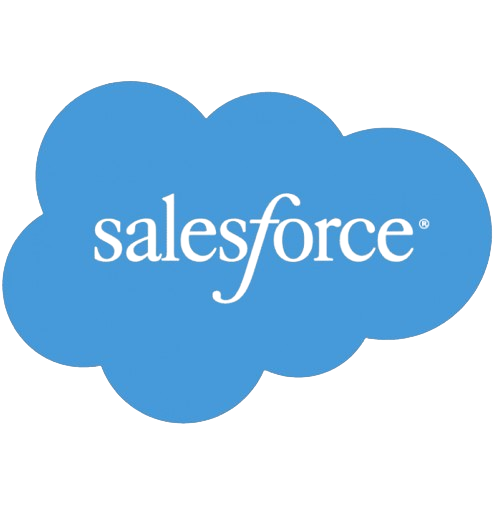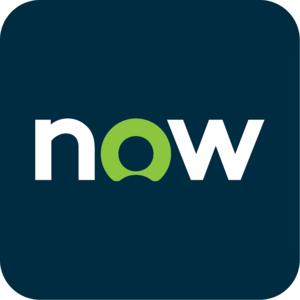8 Best Practices for a Successful Salesforce CPQ Implementation
Quotes are a hefty part of any organization’s sales operation and companies often struggle to solidify them due to the complexity of the projects and limited resources. When a client lists tons of requirements and data is spread across multiple channels, someone has to sit and consolidate all of it manually, making the entire process no easy feat. Luckily, with successful CPQ implementation coupled with a top-notch Salesforce CPQ consulting agency, the entire process can be automated. This reduces the need for grunt work and improves the overall efficiency.
What is Salesforce CPQ?
The CPQ in Salesforce CPQ stands for Configure, Price, and Quote. It is an automation tool that improves your pricing models by producing accurate quotes for clients despite the intricacies of the product. Not only it is a way to ensure a more efficient workflow, but it also applies a standard pricing strategy across all channels reducing human errors. Additionally, it also allows companies to connect their CPQ applications to other Salesforce products like CRM systems for a seamless solution that fulfills all their needs.
Companies using Salesforce CPQ have a 17% higher lead conversion rate.
Best Practices for Salesforce CPQ Implementation

[1/8] Identify and Define Project Goals
The first step to begin your CPQ journey is to identify exactly what your company requires and any pain points hindering progress. This allows you to set definitive and measurable goals based on preliminary research, which helps add actual value by solving real problems. Not only do you have to meet the expectations set by the organization, but you also have to resolve technical problems with viable solutions. It is pertinent that you set goals that are measurable, realistic, and precise for optimum results. Additionally, involving other departments is the key to success as people will be more motivated to achieve objectives when they feel like they’re a part of the decision-making process.
[2/8] Implement Automation
Automating different integral parts of the workflow will allow the entire process to become much smoother. This will improve the overall productivity of the company. For a successful Salesforce CPQ Implementation, this step is vital in client retention. Sometimes the entire process takes a lot of time which leads to losing out on big clients, but with an effective implementation strategy, Salesforce CPQ will allow a much faster flow resulting in higher conversions. Not only will this lead to more client success rates, but it will in turn also generate greater revenue and allow for quick follow-ups.
[3/8] Train Your Staff
While you can successfully implement and execute Salesforce CPQ, it is rendered useless if the staff doesn’t know how to operate it. Providing in-depth training to the sales teams is crucial for success since they’re the ones utilizing the software. The learning should not only be limited to explaining the instruction manual. A more continual process of learning should be adopted for successfully meeting company objectives. If the need arises, outsourcing some of the training responsibilities might just be the key that sets you apart. A better-trained staff member will be able to provide accurate quotations quickly, leading to more closed deals.
[4/8] Make a Data Consolidation Plan
During the initial phases, data will be spread across various platforms, it is important to have a plan in place for effective data migration. Without a solid plan, data might get lost which will prove detrimental to the company. Those companies who know what data requirements they have tend to have an easier time during this phase. While planning, be sure to map out all the different dependencies for better results. Additionally, keep testing and incorporating feedback to keep everything up-to-date. If you have a structured game plan, Salesforce CPQ will provide a smooth end-to-end solution.
[5/8] Ensure Consistency in Pricing
Price discrepancies can be the downfall of any company. This is why it is crucial to ensure standard rules and protocols for price models and strategies. Having a streamlined process for pricing can improve your market position and your profit margins while keeping clients happy. A good way to ensure your prices are consistent is to keep your data up to date. This allows you to be aware of the current market situation and adjust accordingly. Make sure that your CPQ can directly offer special packages and discounts to customers to build trust and improve your brand image.
[6/8] Don’t Jump on the Feature Bandwagon
While it is very easy to start implementing all the available features at once, it is not a good approach. Implementing every attractive feature will drain resources without adding any value to the company. To ensure that only those features are being utilized that help meet the objectives that were set, a proper strategy should be implemented. When you’re clear on what exactly the requirements are, you can make use of the right features accordingly. Moreover, due to different constraints, you’ll have to eliminate some features. It is vital to make sure you know the pros and cons of each so you can make an informed decision.
[7/8] Test Before Deployment
Before the final deployment phase, you should test out the solutions and fix any issues that arise. By testing before deployment, you’ll be able to gauge if the Salesforce CPQ implementation was effectively done. It will also allow you to forecast future bugs that can be solved beforehand, thus allowing for optimal results. Additionally, a best practice during testing is to make specific use cases and see if desired results are produced. This helps make sure that whatever intricate problem is thrown at CPQ, it will deal with it.
[8/8] Continuously Monitor CPQ Progress
Once the deployment phase is complete, you can now measure how successful the implementation really was. Monitoring the current status based on the objectives defined and KPIs set will allow you to improve and modify it. You can also utilize customer surveys in order to get feedback from the user itself. This feedback can be the cornerstone for future development and enhancement. The feedback survey should have questions that align with the goals decided for accurate measurement.
Conclusion
In the age of digital transformation, effective Salesforce CPQ consulting is the key to success. Offering a plethora of services, CPQ can allow for accurate quotations at a much faster speed. This allows for more productivity, more profit margins, and more customer retention. However, this entire journey can be quite arduous which is why you shouldn’t shy away from hiring an expert. CCI has years of experience in Salesforce implementation, allowing companies to reach their full potential. So, if you’re looking for a CPQ expert, then hurry up and contact CCI now.






